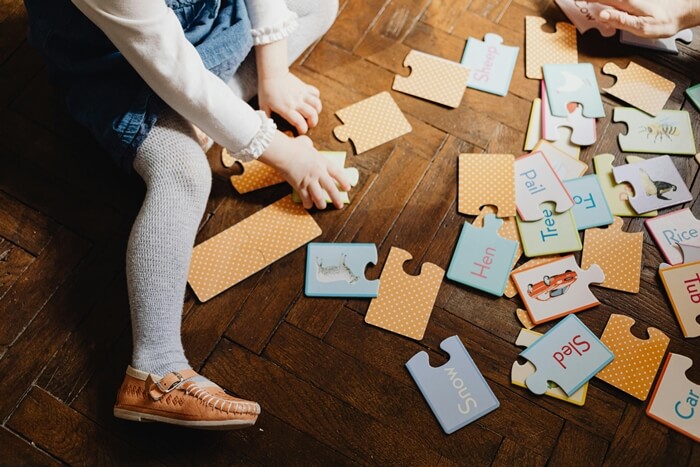Play is often seen as a break from learning, but research shows that structured playtime can be one of the most effective ways to boost academic performance. In early childhood and primary years, structured play creates a balance between fun and purposeful learning. It allows children to explore concepts, practise skills, and develop focus in...
BlogThe Science of Play – Why Structured Playtime Boosts Academic Performance

Play is often seen as a break from learning, but research shows that structured playtime can be one of the most effective ways to boost academic performance. In early childhood and primary years, structured play creates a balance between fun and purposeful learning. It allows children to explore concepts, practise skills, and develop focus in an enjoyable way. When schools and homes integrate structured play into daily routines, they nurture not only creativity but also cognitive and emotional growth, laying the foundation for stronger academic outcomes.
What is Structured Play?
Structured play is organised activity guided by specific goals, rules, or learning outcomes. Unlike free play, which is entirely spontaneous, structured play gives direction while still allowing space for creativity. Examples include puzzles, board games, storytelling with prompts, building challenges with blocks, or role play activities designed around particular themes. These activities encourage children to think critically, collaborate with peers, and apply classroom knowledge in practical settings.
The Connection Between Play and Learning
Structured play strengthens the link between curiosity and academic concepts. For example, a simple counting game improves numeracy, while a storytelling activity enhances language development and comprehension. When children learn through play, they experience less stress and are more motivated to engage with lessons. Structured play also helps in developing problem-solving abilities, as children must follow rules, think ahead, and make decisions, all of which are crucial academic skills.
Cognitive Benefits of Structured Play
Structured play directly supports brain development. It improves memory retention by associating learning with fun experiences. Activities like memory card games, word matching, or role-based scenarios enhance focus and attention span. Moreover, such activities foster critical thinking, as children must evaluate choices and outcomes before taking action. This ability to analyse and decide builds strong academic foundations in mathematics, science, and language subjects.
Academic Benefits of Structured Play
| Skill Area | How Structured Play Supports Learning |
|---|---|
| Language | Story-based games enhance vocabulary, comprehension, and communication. |
| Mathematics | Counting games and puzzles strengthen logical reasoning and numeracy. |
| Science | Role play and experiments develop curiosity, observation, and analysis. |
| Memory | Memory games improve concentration, retention, and recall of information. |
| Collaboration | Team-based games build cooperation, listening, and conflict resolution skills. |
Structured Play and Emotional Growth
Along with cognitive benefits, structured play helps children manage emotions and interact positively with peers. Playing games with rules teaches patience and self-control. Experiencing both winning and losing prepares children to handle success and disappointment gracefully. These emotional skills are directly linked to classroom behaviour, where focus, discipline, and teamwork are vital for academic achievement.
Role of Teachers and Parents
Teachers and parents play an important role in designing meaningful play activities. By aligning play with classroom topics, educators ensure that children practise what they learn in enjoyable ways. Parents can extend this at home by including structured playtime in daily routines. Activities like reading together, solving puzzles, or cooking with measured ingredients can reinforce academic concepts without pressure, making learning a natural part of play.
Long-Term Impact of Structured Play
Children who engage regularly in structured play often develop stronger attention spans, better problem-solving skills, and higher motivation to learn. Over time, this translates into improved academic performance and lifelong learning habits. Structured play also fosters creativity, which is essential for adapting to new challenges in higher education and beyond. By combining fun with learning, structured play equips children with both the knowledge and the confidence to succeed.
The science of play proves that structured playtime is not a distraction from academics but a vital part of the learning process. It enriches cognitive skills, strengthens social and emotional development, and motivates children to engage actively with education. By valuing structured play alongside formal lessons, schools and families can give children the tools they need to perform better academically while also enjoying the process of learning.